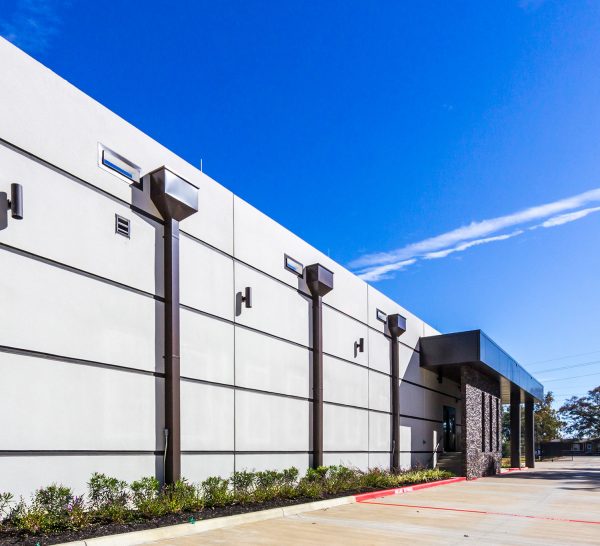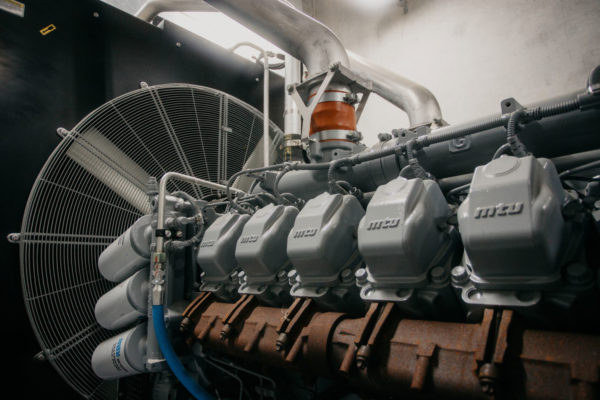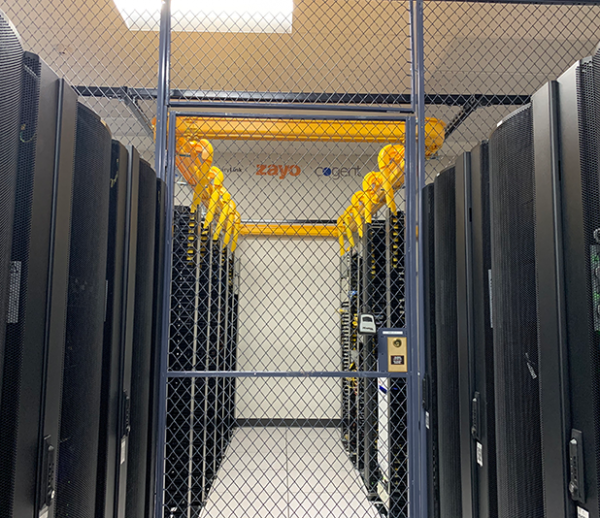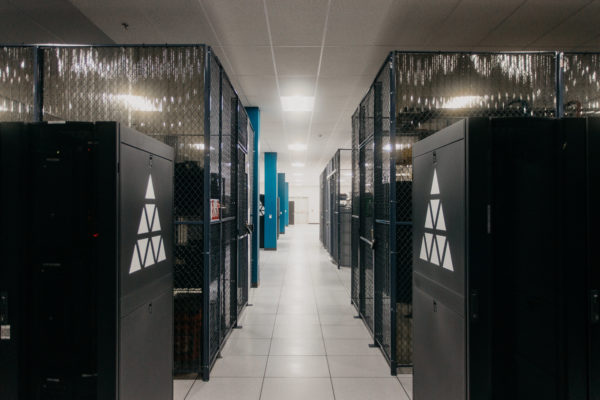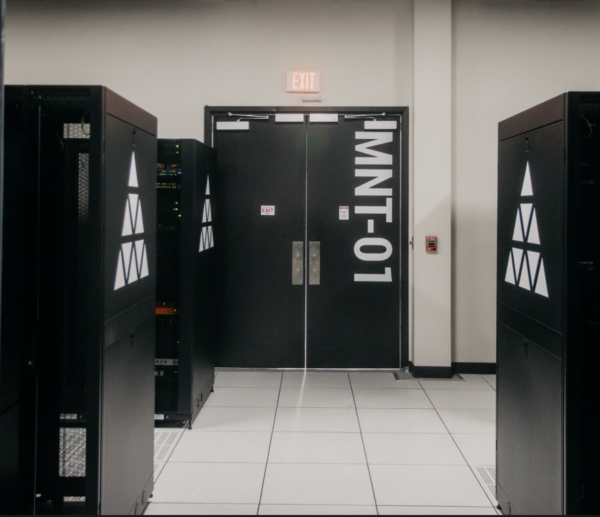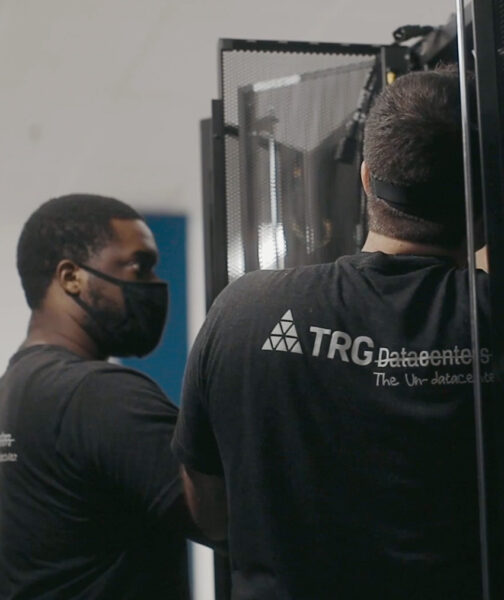In an age where data is the lifeblood of businesses and technology is advancing at an unprecedented pace, the need for robust and reliable data infrastructure has never been greater.
This is where retail colocation comes into play. But what exactly is retail colocation, and why is it a crucial consideration for businesses of all sizes?
Whether you’re a seasoned IT professional or just starting to explore data management solutions, this blog will provide valuable insights into the world of retail colocation and its role in powering the modern business environment.
What is Retail Colocation?
Retail colocation is a data center facility service that allows businesses to rent space, power, cooling, and network connectivity for their own servers, storage, and IT equipment.
In a colocation facility, multiple organizations share the same physical infrastructure while maintaining control over their hardware and software.
Retail vs Wholesale
You can probably guess the basic distinction between retail colocation and wholesale colocation—it all boils down to scale. With wholesale colocation, the customer rents a large space within a data center, typically measured in floor space or rooms.
On the other hand, retail colocation involves renting much smaller spaces for the servers and computing hardware, usually measured in racks or cabinets.
Let’s examine the key differences between retail and wholesale colocation in more detail.
Space
- Retail colocation: Offers space in smaller increments, like individual racks or cages. This makes it ideal for businesses that only require limited physical space for their IT infrastructure.
- Wholesale colocation: Provides larger spaces, often entire floors or data halls. Suitable for organizations that need more substantial space for a wide array of IT equipment.
Connectivity
- Retail colocation: Typically includes a variety of connectivity options as part of the service. Clients benefit from the data center’s established networking infrastructure and interconnection services.
- Wholesale colocation: Clients may have more flexibility to establish and manage their own connectivity solutions, but this also means they take on more responsibility to arrange and maintain these connections.
Cost Structure
- Retail colocation: Costs are generally structured around the specific services used, including space, power, cooling, and bandwidth. This model requires lower initial investment, and costs are more predictable, but per-unit costs are usually higher.
- Wholesale colocation: The cost structure usually involves leasing large spaces at a lower per-unit cost but requires a higher upfront investment. Long-term leases with fixed costs for space and power capacity are common, regardless of usage.
Power
- Retail colocation: Power usage is often included in the overall service package, with costs reflecting actual usage. Clients benefit from shared power infrastructure and economies of scale.
- Wholesale colocation: Clients typically have to manage and pay for their own power needs, often with a fixed power capacity allocated to their leased space. This arrangement gives them more control over power infrastructure but also more responsibility for managing power efficiency and costs.
The Importance of Retail Colocation
Retail colocation is a growing model for data storage, particularly among smaller companies that might be considering it as an alternative or complement to cloud services.
Let’s take a look at some of the key trends that are driving its adoption today.
Hybrid cloud
Many businesses are adopting hybrid cloud models, where they use a mix of on-premises, private cloud, and public cloud services.
Retail colocation can play a crucial role in this hybrid strategy by providing a secure and reliable physical location for the on-premises component. It offers the flexibility to integrate with various cloud services while maintaining certain assets in a colocation facility.
Compared to wholesale, retail colocation gives customers more leeway for managing smaller and more dynamic quantities of data in an on-premises colocation space.
Edge Computing
The rise of edge computing, where processing is done closer to the source of data, is helping many businesses to reduce latency and improve performance.
Retail colocation facilities can serve as edge data centers, providing proximity to end-users and reducing latency, a critical factor for certain applications like IoT, AI, and real-time analytics.
Cost Predictability and Control
While cloud services offer scalability, they can sometimes lead to unpredictable costs, especially with fluctuating or unforeseen data transfer and storage needs.
Retail colocation often provides more predictable pricing models, and for some businesses, it can be more cost-effective than a purely cloud-based solution, especially when data transfer and storage needs are high.
Wholesale colocation is also less predictable than retail (but cheaper for companies that need the extra space).
High-Performance Computing (HPC)
High-Performance Computing (HPC) is increasingly accessible to small and medium-sized businesses, not just large enterprises.
Retail colocation allows smaller companies to leverage HPC capabilities for tasks requiring extensive processing power and high-speed connectivity, such as complex data analysis or simulations.
Retail colocation enables these businesses to compete more effectively in fields like scientific research, financial modeling, and advanced analytics, where HPC is a critical asset.
Bandwidth and Large Data Volume Management
Businesses dealing with large volumes of data might find the bandwidth costs associated with cloud services to be prohibitive. In retail colocation, companies can benefit from higher bandwidth at a lower cost, making it a practical solution for data-intensive applications.
While wholesale colocation is also suitable for organizations with consistently high data and bandwidth requirements, retail colocation offers a more flexible and cost-effective solution for businesses whose data usage may fluctuate or grow incrementally.
Is Retail Colocation Right for Your Business?
When considering whether retail colocation is the right choice for your business, you should consider the following features to help you assess your requirements:
The Scale of Your IT Infrastructure
Do you require a few racks, a small, caged space, or an entire data hall? Retail colocation is ideal if your needs are on the smaller side or if you anticipate scaling up gradually.
Predictability of Your Data and Bandwidth Requirements
Are your data storage and bandwidth requirements stable or fluctuating?
Retail colocation offers flexibility and cost-effectiveness for businesses with variable or growing data needs.
Budget
Are you looking for lower upfront costs and more predictable monthly expenses?
Retail colocation often requires less initial capital compared to wholesale colocation. However, in the long run, it may cost more than wholesale.
Managed Services and Support
Would your business benefit from outsourced infrastructure management, including maintenance, security, and technical support?
Retail colocation typically includes a range of managed IT services, reducing the burden on your internal team.
Flexible Connectivity Options
Need access to various ISPs and cloud services but don’t want to manage these connections yourself?
Retail colocation offers a variety of connectivity options as part of its service package.
Hybrid Cloud Strategy
Looking to integrate on-premises infrastructure with cloud services?
Retail colocation can play a role in a hybrid cloud setup by providing a secure physical location for on-premises components without adding a lot of extra management responsibilities.
Get More Advice on Retail Colocation
Whether you’re a small startup or a large enterprise, our resources will help you make informed decisions and leverage the advantages of retail colocation for your organization’s success.
Contact us today if you’re looking for the flexibility, ease of management, and operational efficiency of retail colocation but aren’t sure where to start.
Looking for colocation?
For an unparalleled colocation experience, trust our expert team with three generations of experience

